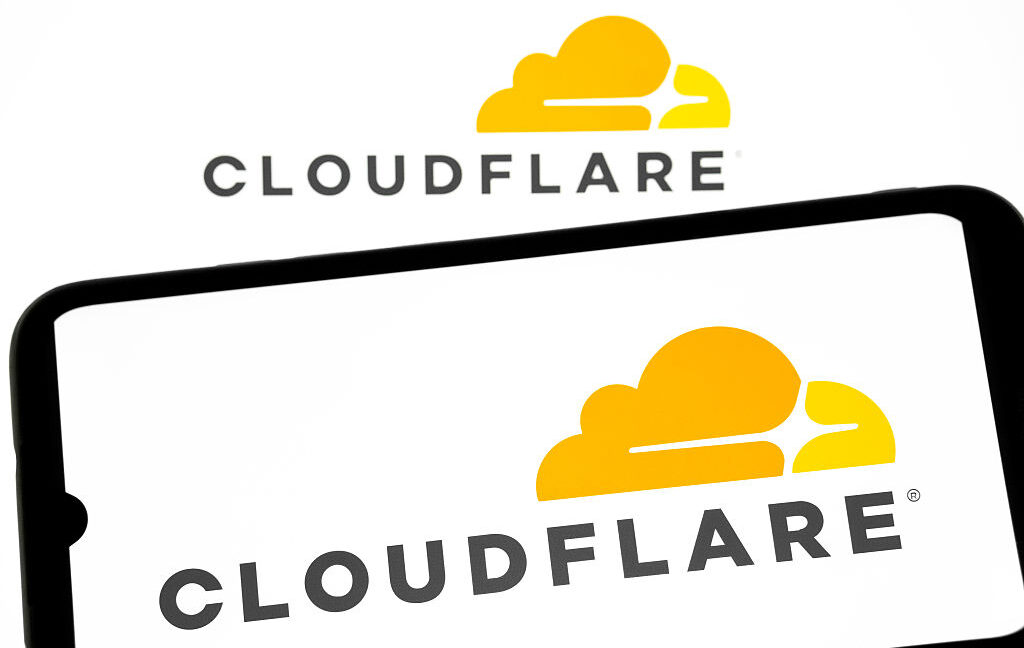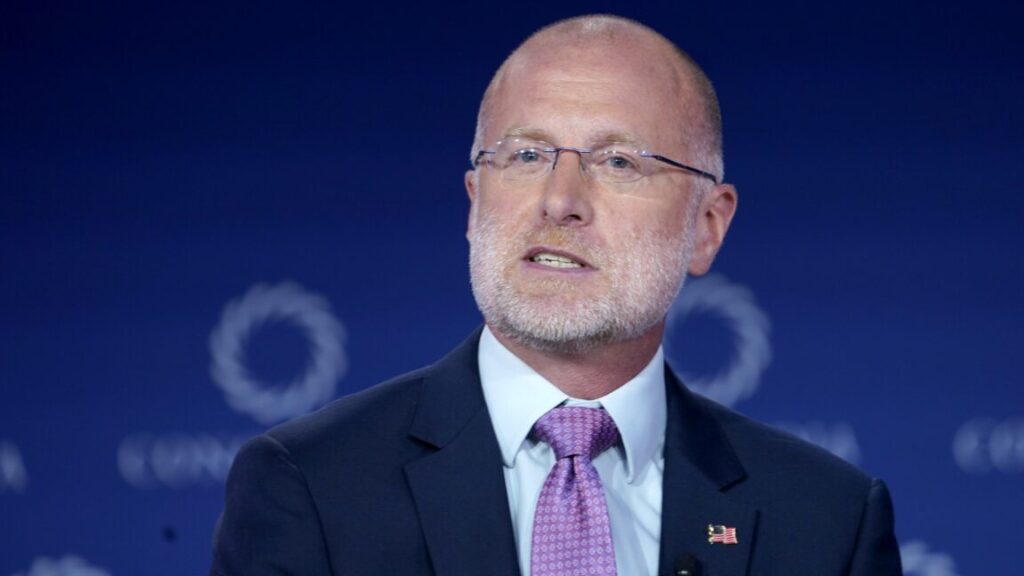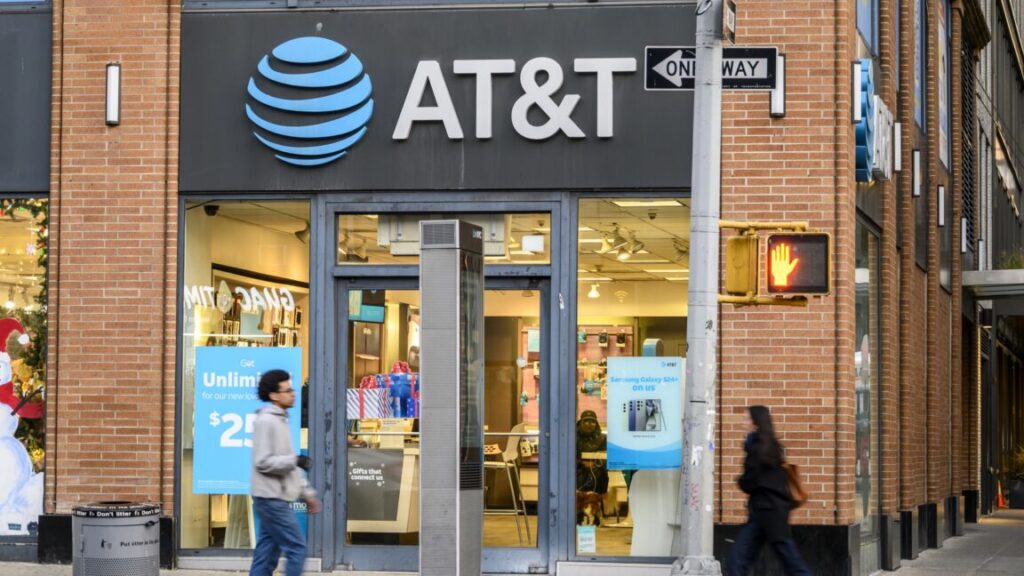Faced with naked man, DoorDasher demands police action; they arrest her for illegal surveillance
“The only justice I’m getting is exposing this man and having posted that video,” she added. “And it has gone viral. Now he can live with shame and embarrassment if people have seen it.”
“I’m the victim!” she said. “Is this making sense to any-fucking-body?”
Her numerous videos attracted huge followings—anywhere from 5 million to 30 million views each—and DoorDash eventually felt the need to respond.
“DoorDash never deactivates someone for reporting [sexual assault]—full stop,” said the company.
But, it added, “posting a video of a customer in their home, and disclosing their personal details publicly, is a clear violation of our policies. That is the sole reason that this Dasher’s account was deactivated, along with the customer’s, while we investigated. We’ve also ensured that the Dasher has full access to their earnings.”
Meanwhile, the police were doing something—but not something that Henderson wanted.
The cops determined that the nude man in question “was incapacitated and unconscious on his couch due to alcohol consumption.” Being drunk and naked inside your own home apparently does not qualify as sexual assault on a delivery driver, and the police department said in a press release yesterday that “the investigation by the Oswego Police Department determined that no sexual assault occurred.”
As part of their investigation, the cops found that Henderson had filmed the man and “subsequently posted the video to social media, where it drew significant attention.” This shifted their attention to Henderson’s decision to film and upload the video without the man’s consent.
The police eventually arrested Henderson, who is now charged with two felonies: “Unlawful Surveillance in the Second Degree” and “Dissemination of an Unlawful Surveillance Image in the First Degree.” She was released after being charged, and her case will be heard by the Oswego City Court.
Henderson has stopped releasing videos on TikTok about the situation.


















